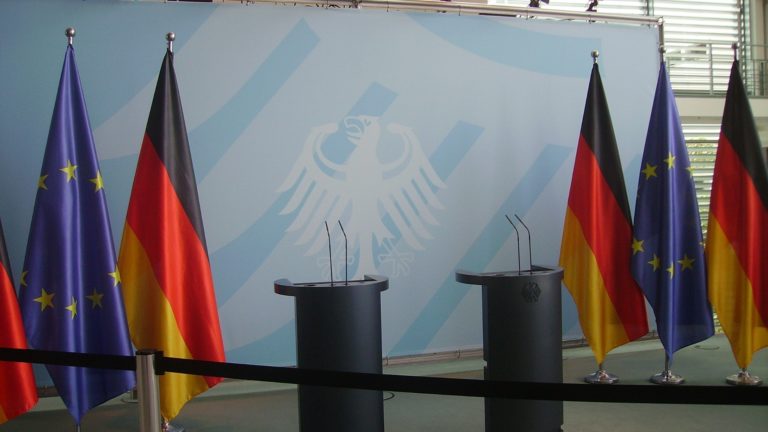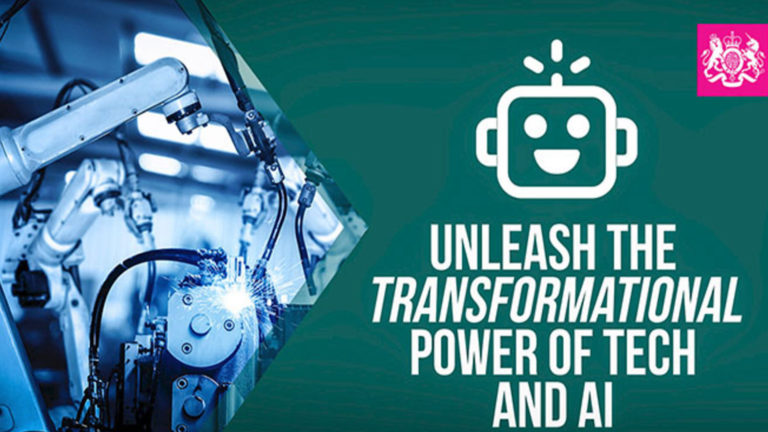Aug 26, 2018 | Srivats Shankar and Maathangi Hariharan
Our Action Plan for Building Legal Frameworks for AI and IoT

Aug 26, 2018 | Srivats Shankar and Maathangi Hariharan
Our Action Plan for Building Legal Frameworks for AI and IoT
At AI Policy we work to identify, define, and address the growing field of regulating Artificial Intelligence (‘AI’). Over the past several months our work has focused on understanding how the field of AI has grown and will continue to grow. As AI begins to challenge and adapt to meet the growing demands of automation, pushing the boundaries of what computing has traditionally been capable of, stakeholders are faced with a difficult question. Is it time to regulate and monitor the operation of AI?
Our work seeks to address the growing concerns arising out of automation and AI, with the vision to create comprehensive policy that would meet the requirements of societies around the world. We look at trends in technology, viewing how a particular change in the sphere of technology can have an impact on the operation of artificial intelligence. We divide the understanding of AI into different heads. By identifying short-term and long-term trends, we seek to isolate specific characteristics and use cases that need to be regulated for the wider interest of the community. Additionally, specific and general regulations for AI, relating to each sector or application would be the direction we would move in.
The policy pieces identify areas that AI would have a significant impact on. From there we reverse engineer solutions that would take into account opposing concerns from different stakeholders. Not only would be offer temporary solutions for problems that require urgent policy intervention, but we also aim to identify long-term trends in the technology. By developing policy frameworks and offering legislative recommendations, we hope to develop a strong foundation for legal frameworks to allow for the development of AI. As a disruptor, AI will have a major impact on members at all levels of society. By ensuring that all stakeholders can benefit from this technology and create a sustainable policies that do not impede developers, while at the same time supporting the interests of members of society, we will seek out the best plan of action for humanity.
Despite there being a continuing discussion of whether or not to have laws that regulate AI, there is no doubt that the field is making developments on a daily basis that could have major ramifications. There is virtually no field that is safe from the impact of AI. However, some industries would more likely see the fallout to employees from this development. At AI Policy, we will analyze these developments and the consequences they may have on policymaking or the consequences that result from these changes. We aim to report these changes on a daily basis, so that our readers can have first-hand knowledge of this growing discipline.
At AI Policy we aim to remain on top of the dialogue. To fulfill this ideal we will continually produce work that would give direction to the discipline and offer insights on how the technology is and will be progressing. Right from data-oriented works to identifying stakeholders that are already facing the consequences of the new place of work, we will explore the field and go beyond our call of duty, whenever and wherever we are needed.
We welcome comments and contributions to our platform, for anyone who wishes to help us build this growing discipline. This article is only indicative of our vision for our future and were to we seek to achieve. We hope that we will have much more to share with you in the coming months and years. We will give it our all and hope that you will join us on this journey. As we begin to map out the trajectory that the discipline will take in the coming years, we hope to offer you a deeper understanding on this technology and where the law is going in the coming years. To our future!

Srivats Shankar | May 02, 2022
The European Parliament adopted the recommendations of the Special Committee on Artificial Intelligence in the Digital Age providing a roadmap until the year 2030 regarding its impact on climate change, healthcare, and labor relations

Srivats Shankar | Mar 26, 2022
European Union reaches political agreement to introduce Digital Markets Act.

Maathangi Hariharan | Mar 22, 2021
/diːpfeɪk/
/ˌɑːtɪfɪʃl ˈdʒɛn(ə)r(ə)l ɪnˈtelɪɡəns/
/ˌɑːtɪfɪʃl ɪnˈtelɪɡəns/